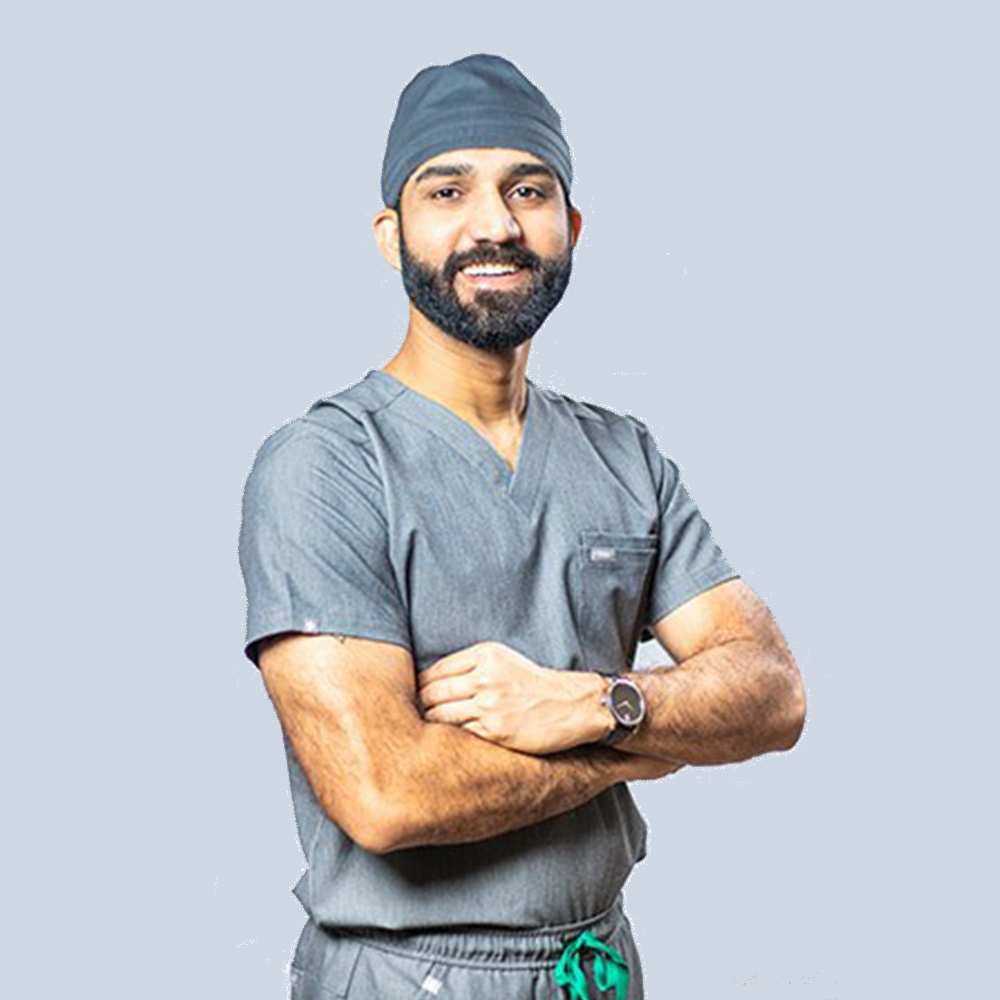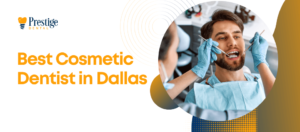Keeping your entire family’s teeth healthy can feel overwhelming. From teething babies to aging grandparents, every age group has unique dental needs. The good news? With a few simple habits and regular checkups, you can help your loved ones maintain strong, healthy smiles for life.
In this guide, we’ll break down family dental care tips for every age group—so you can confidently support your family’s oral health journey, from cradle to retirement.
1. Infants (0–2 Years)
Yes—even babies need dental care! While they may not have teeth yet, their gums still need attention, and early habits matter.
Tips:
- Clean gums with a soft, damp cloth after feeding.
- Avoid bottle at bedtime—it can cause “baby bottle tooth decay.”
- Brush with water as soon as the first tooth appears.
- Schedule the first dental visit by age one.
Bonus Tip: Never dip pacifiers in honey or sugar—this can lead to early cavities.
2. Toddlers & Preschoolers (2–5 Years)
This is the age when kids start to develop their own brushing habits—but they still need your help.
Tips:
- Brush twice a day using a pea-sized amount of fluoride toothpaste.
- Supervise brushing to ensure all areas are cleaned.
- Introduce flossing once teeth start touching.
- Limit sugary snacks and drinks—especially juice.
Fun Idea: Make brushing a game or sing a two-minute song to keep it fun and consistent.
3. Children (6–12 Years)
As kids become more independent, it’s important to reinforce good habits and monitor growth and development.
Tips:
- Teach proper brushing and flossing techniques.
- Schedule regular dental checkups every 6 months.
- Ask your dentist about sealants to protect molars from cavities.
- Watch for early signs of orthodontic issues like crowding or misaligned bites.
Healthy Habit: Reward consistency in brushing with a sticker chart or small non-food prizes.
4. Teenagers (13–19 Years)
Teen years come with new dental challenges, including braces, sports injuries, and increasing independence.
Tips:
- Stress the importance of brushing twice daily and flossing.
- Monitor sugary snacks and sodas, which are popular among teens.
- Encourage mouthguards for contact sports.
- Manage orthodontic care if braces or aligners are involved.
- Watch for habits like nail-biting, teeth grinding, or smoking.
Friendly Reminder: Teens may feel self-conscious—remind them that a healthy smile is a confident one!
5. Adults (20–50 Years)
Busy schedules, work, and family responsibilities often push dental care to the bottom of the list—but adult teeth need care, too!
Tips:
- Brush and floss daily—no excuses!
- Keep up with biannual dental visits.
- Address issues like grinding, gum disease, or TMJ early.
- Avoid tobacco, and moderate alcohol and coffee intake.
- Invest in your smile—teeth whitening or cosmetic care is common and safe for adults.
Oral Health Tip: Dental health is linked to heart disease and diabetes—taking care of your mouth supports your whole body.
6. Seniors (60+ Years)
Aging can bring unique dental issues like dry mouth, tooth loss, and gum recession. But with proper care, seniors can enjoy healthy smiles well into their golden years.
Tips:
- Brush with a fluoride toothpaste and soft-bristled brush.
- Clean dentures daily and have them checked regularly.
- Stay hydrated—dry mouth increases cavity risk.
- See the dentist regularly, even with dentures or implants.
- Watch for signs of oral cancer, which is more common in older adults.
Gentle Care Tip: If hand strength is an issue, consider an electric toothbrush or tools with larger handles.
7. General Family Dental Tips
These tips apply to all family members and help create a healthy home environment for great dental habits.
a. Build a Routine
Set consistent morning and evening brushing times. Kids learn best by watching you!
b. Choose the Right Tools
- Soft-bristled toothbrushes are safest for all ages.
- Replace brushes every 3 months.
- Use age-appropriate fluoride toothpaste.
c. Make Dental Visits a Family Affair
Book appointments together to show that checkups are normal and important for everyone.
d. Focus on Nutrition
A balanced diet helps protect teeth. Limit sticky sweets and encourage crunchy fruits and veggies.
e. Stay Positive
Avoid using the dentist as a “punishment” and celebrate small milestones in dental care.
Frequently Asked Questions
1. When should a child first visit the dentist?
By their first birthday or within 6 months of their first tooth appearing.
2. How do I get my toddler to brush their teeth?
Make it fun! Use colorful brushes, tasty toothpaste, or songs to make brushing exciting.
3. Are dental checkups necessary if nothing hurts?
Yes. Many dental problems are silent at first—regular visits catch issues early.
4. Can baby teeth get cavities?
Absolutely. Baby teeth are important for speech, chewing, and holding space for adult teeth.
5. What’s the best way to prevent cavities?
Daily brushing and flossing, a healthy diet, and regular dental checkups.
6. Do seniors still need to see the dentist if they have no natural teeth?
Yes! Dentists check for gum health, oral cancer, and fit of dentures or implants.
7. Can one dental clinic in Dallas take care of my whole family’s needs?
Absolutely! Many family dental clinics in Dallas are set up to care for everyone—from kids just getting their first teeth to adults and seniors with more complex needs. It’s convenient, saves time, and helps build a trusted relationship with your dentist for the whole family.
Conclusion: One Smile, Many Stages
Dental care doesn’t stop when baby teeth fall out or when retirement rolls around—it evolves. By understanding the unique needs of every age group, you can help your whole family build a lifetime of healthy, happy smiles.
From wiping tiny gums to cleaning dentures, family dental care is a team effort. And like most great habits, it starts at home.

Dr. Manish Patel is known to his patients as very kind, compassionate and genuinely concerned about people and their dental needs. He steps out of his role as a clinician to really get to know you and your specific needs.
Dr. M Patel is graduated from New York University. Because of his passion toward implants and surgical procedures he was selected in extremely competitive implant honor program which he completed and graduated in 2013 from NYU.







